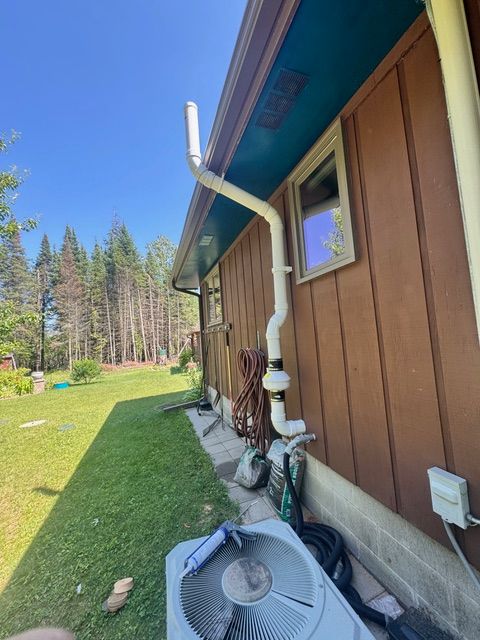Grand Rapids Resident's Guide to Radon System Maintenance
Radon system maintenance in Grand Rapids is essential for keeping your mitigation system working effectively year-round, especially given the area's seasonal temperature changes and humidity variations.
How Often Should You Check Your Radon System?
You should inspect your radon system monthly for basic issues like unusual noises, damaged pipes, or blocked vents. The system's fan should run continuously, and you should be able to hear or feel air movement through the system. Any changes in how the system sounds or operates could indicate a problem that needs attention.
Professional maintenance should be scheduled annually to ensure all components are working properly. This includes checking fan operation, inspecting seals and connections, and testing the system's effectiveness. Regular maintenance helps catch small issues before they become costly repairs.
What Are the Signs Your System Needs Professional Attention?
Watch for warning signs like the fan not running, unusual vibrations or rattling sounds, or visible damage to pipes or connections. If you notice condensation building up in the pipes or around connections, this could indicate a problem with drainage or insulation.
Changes in your electric bill could also signal system issues. While radon fans use minimal electricity, a significant increase might indicate the fan is working harder due to blockages or mechanical problems. Any of these signs warrant a call to a qualified radon professional.
Can Homeowners Handle Any Maintenance Tasks?
Homeowners can safely handle basic visual inspections and simple tasks like clearing debris from around the exterior vent cap. You can check that the system's warning device (if installed) is functioning and ensure nothing is blocking air flow at the exit point.
However, never attempt to repair electrical components, replace fans, or modify pipe connections yourself. These tasks require proper licensing and expertise to maintain system effectiveness and safety. Improper repairs could actually increase radon levels in your home.
How Grand Rapids' Seasonal Changes Affect System Maintenance
Grand Rapids' cold winters can cause ice buildup around exterior vent caps, potentially blocking airflow. During your monthly inspections, check for ice or snow accumulation and gently remove it if safe to do so. The spring thaw can also reveal damage from winter freeze-thaw cycles that needs professional attention.
Summer humidity can increase condensation in the system, which is why proper drainage and insulation become important. Fall maintenance should include clearing leaves and debris from around the exterior vent to ensure proper airflow heading into winter.
For comprehensive radon system maintenance in Grand Rapids, trust Radon North's professional maintenance services. We also provide regular testing services to verify your system continues protecting your family effectively.
Keep your family's protection strong with proper radon system maintenance. Radon North provides expert care for systems throughout the Grand Rapids area, ensuring they operate effectively in all seasons. Call (218) 969-5543 to schedule your annual maintenance and keep your radon protection working reliably.
